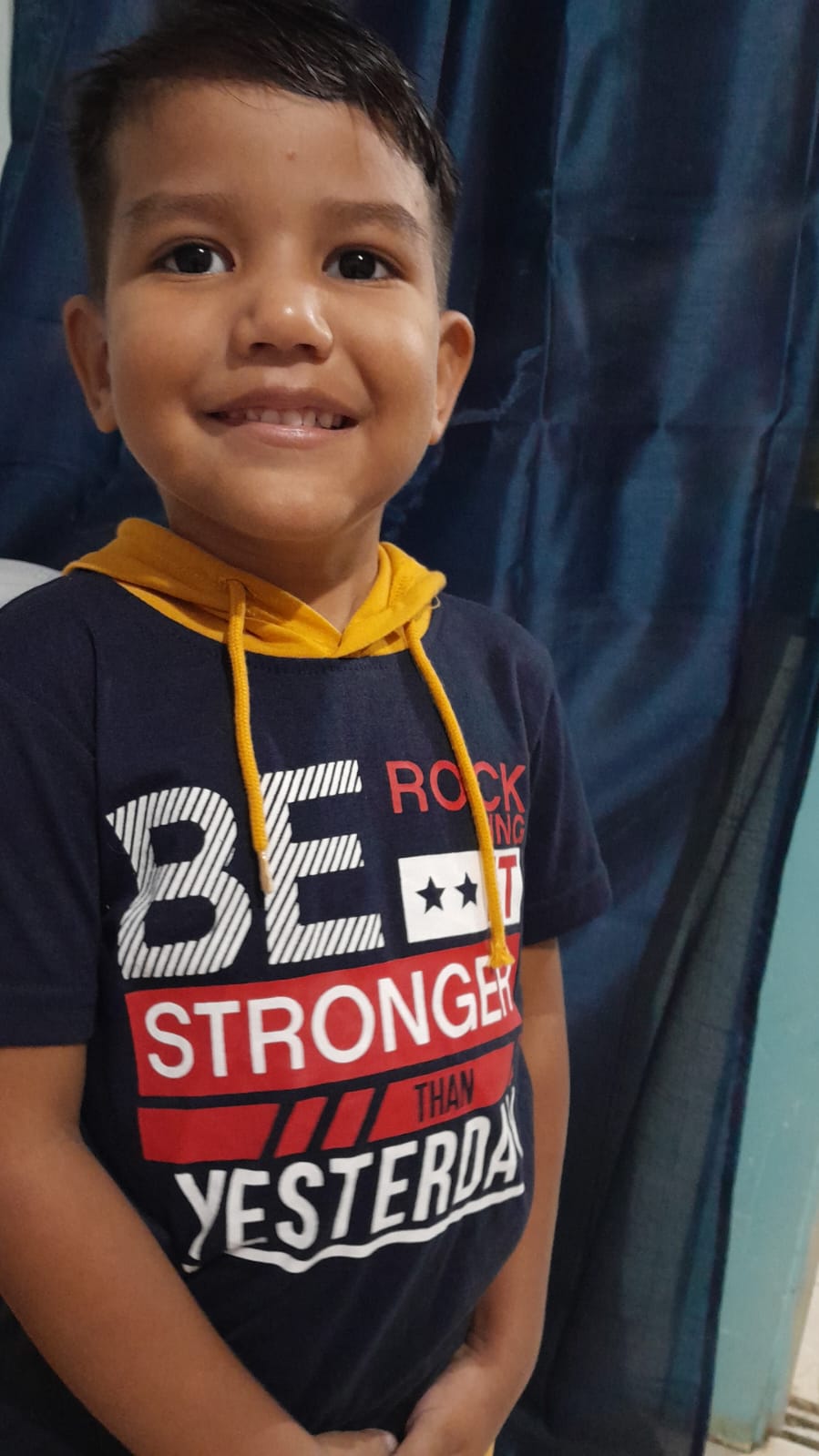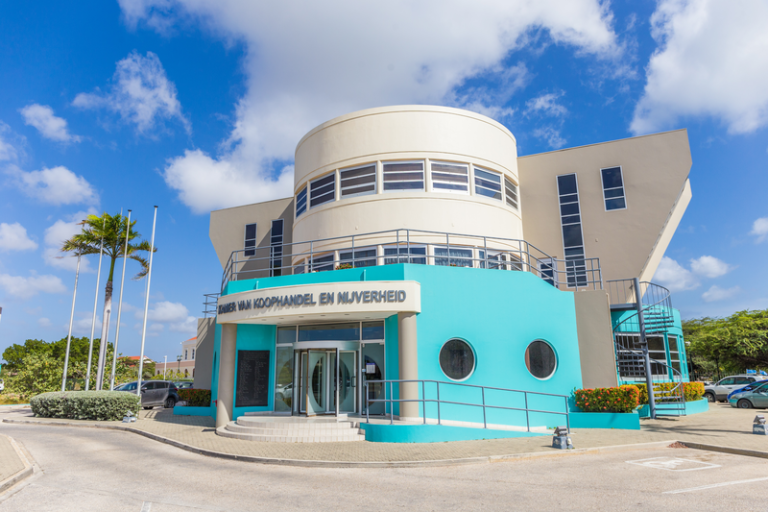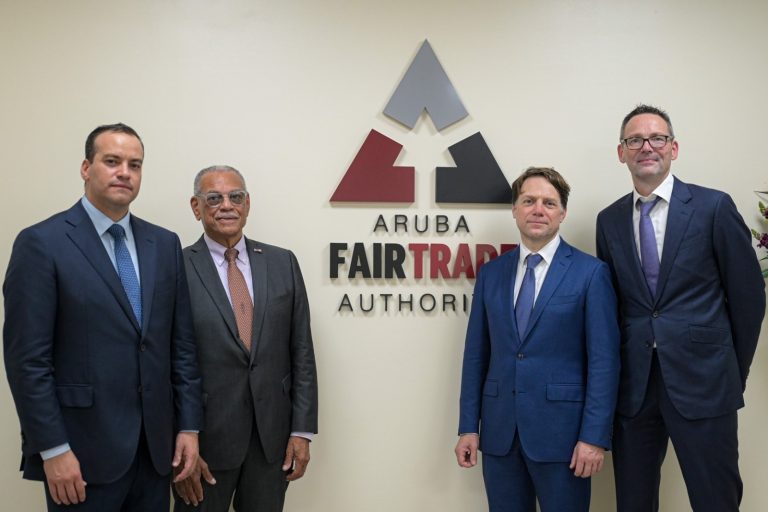Child Kidnapping 2023: Are We Doing Enough to Protect Our Youngest?
Today’s column encapsulates the urgency of our times and the moral imperative to protect our most vulnerable citizens, our children. This week I take a closer look into the lives of a father, a mother, and a minor son, who came to Aruba searching for a brighter future but failed to obtain a legal residency status. The story of the mother and the child unearths the harrowing challenges they faced and shines a glaring spotlight on the critical need for child protection measures and a comprehensive evaluation of our legal – and public services framework. Before I take on this rather sad journey, let us first explore this case’s facts and legal framework.
Facts
This tale is about a family living in Aruba, comprising a father, a mother, and a five (5) year old son, all undocumented residents due to overstaying their tourist visas, a.k.a. they lived here illegally and could have been deported at any time. The son’s name is Isaias David VALLES ANDINO, and he was born in Venezuela on April 27th, 2018. The family faced further challenges when the couple separated, and the son stayed with his mother. Things weren’t easy, and at one point, the mother, driven by concerns about her former partner potentially taking their son away, sought assistance from Voogdijraad. Rightfully so because that is the agency to be called upon to look after the interests of minors:
“Purpose of the organization: To guarantee and protect the fundamental right of the minor to a healthy and balanced development into independence.”
Except in this case and according to a statement issued by the mother, the Voogdijraad refused to give her any service or the time of day for that matter, citing her undocumented status. In other words, someone at Voogdijraad deemed an illegal child unworthy of protection! If that is why the Voogdijraad chose not to intervene or provide support, this would be not only a dereliction of duty by that specific civil servant but a violation of the constitutional rights of the mother and child. There is a reason why the writers of our constitution included an anti-discrimination clause and a right to family life. This was a serious breakdown of the system. The system failed – plain and simple. This is a serious issue that needs to be addressed at the core. This can’t happen again. The responsible minister, the minister of Justice, should take every step necessary to ensure that Voogdijraad will not ignore the rights of a child based on a lack of legal residency status. Members of parliament should show their commitment to good governance and children’s rights by submitting parliamentary questions to the minister. We need to know what happened, how it happened, and, more importantly, that this will not happen again.
It got worse
Subsequently, the father used a seemingly innocent pretext of taking the son to a birthday party to pick up the child from the mother and take the child with him. The mother objected. Things got ugly and developed into a domestic dispute. The father forcefully seized the child. He took the child in his car and almost ran the mother over. Besides abduction charges, we can add battery or intent to assault or murder.
The mother turned to the police for help, who provided assistance but didn’t find the incident important enough to make a formal police report. The next day, she learned that the father had taken their son to the airport without her knowledge and managed to leave the island and go to the Dominican Republic. How could this happen, you ask yourself? Well, she was informed that immigration was not on alert BECAUSE NO POLICE REPORT WAS FILED the previous night! Moreover, the father apparently boarded a plane with the child without the son’s passport. This is unbelievable. Even when I travel with my sons (17) and (16), I have to download a form, fill it out, add copies of all of my passports, their passports, and their mother’s, plus copies of return tickets and have this from plus annexes reviewed, verified and stamped by the Immigration office in J.G. Emanstraat. On the day of travel, the immigration at the airport asked me for the stamped form. Without that, immigration will not let me through with the boys. If that is the case, why was it not required by the Immigration at the airport?
The most perplexing aspect of this ordeal is the father’s ability to board a plane with the child without possessing the son’s passport. This raises serious concerns about the vigilance and competency of various stakeholders, including the airline’s check-in agent, airport security personnel, immigration officers, and airline boarding agents. Were they negligent, or was there a calculated oversight? The mother was left grappling with the unsettling notion that the authorities in Aruba had failed to protect her child’s rights. This is a grave failure by the authorities of Aruba to protect the rights of the child and the mother. This procedure required citizens to notify authorities ten days before traveling with a minor and ensured parental consent was given and documented. Unfortunately, this procedure was omitted or failed, leaving us to question its effectiveness.
Overview of the Legal Framework
The Kingdom of the Netherlands (“Koninkrijk der Nederland”) currently consists of three constituent countries: the Netherlands, Aruba, Curaçao, Sint Maarten, and the BES-islands. The current Kingdom of the Netherlands was constituted with the proclamation of the Charter for the Kingdom of the Netherlands in 1954. Because the constitutional structure of the Kingdom’s accession to treaties by Aruba requires actions from the Netherlands. In practice, the Netherlands is at the forefront of joining new treaties. Aruba and the other Dutch Caribbean islands tend to be less active or significantly slower in joining treaties, perhaps because our politicians spend too much time posing for photo ops.
Children’s Treaties
There is a Treaty on the Rights of the Child from 1989. This treaty entered into force for the Netherlands on March 8, 1995. At that time, Aruba and the Antilles did not want the Kingdom (Netherlands) to ratify the Treaty. Aruba said something like: “This matter is complicated, and we do not have the necessary laws to execute the Treaty.” The Antilles went further, saying, “We are uncertain if we want such a Treaty; we will consider it and let you know.” Remarkably, our politicians don’t seem to prioritize the rights of children. On November 18, 2002, the Treaty came into force for Aruba. However, unlike the Netherlands, Aruba did not introduce any specific laws to give content to this Treaty.
Child Abduction Treaty
But wait, there’s more: a specific child abduction treaty, namely The Hague Convention on the Civil Aspects of International Child Abduction (1980). This treaty is designed to combat child abduction across borders. The Netherlands and the BES islands have already completed this process. This treaty is active in the Netherlands.
The purpose of the Convention is to protect children from the harmful effects of international abduction by a parent by encouraging the prompt return of abducted children to their country of habitual residence and to organize or secure the effective rights of access to a child. The idea is that custody and visitation matters should generally be decided by the proper court in the country of the child’s habitual residence.
Not for Aruba
The problem is that Aruba has NOT asked the Netherlands to activate this treaty for Aruba. It has been forty (40) years! Again, nobody seems to care. Even a former President of the Joined Court pleaded for this ratification during one of his speeches. The government, however, didn’t listen. The absence of ratification highlights a legal gap that urgently needs to be addressed.
Missed opportunity
This mother and this child surely would have been more protected if the child abduction treaty had been in force and the government prioritized adapting local laws to protect the interest of the mother and child. What are we waiting for? Do we, as policymakers, legislators, Voogdijraad, immigration officers, police officers, and a community, not because the child was here illegally? Is that our moral standard? Will we care when one of our children becomes the victim of child abduction?
Status
While writing this, the prosecutor has yet to formalize or process charges against the father for potential crimes committed in Aruba. I understand the prosecutor will not press charges, which is why the mother has not filed a complaint with the Common Court against the decision of the prosecutor not to file charges. From experience, I can tell you that that complaint could take well over six (6) months to complete. If successful, the prosecutor will still have to press charges and start an investigation, but neither the father nor the son are on the island. If help from further countries is needed, will they take Aruba’s request seriously? After all, for more than 40 years, Aruba didn’t even want to be part of the child abduction treaty. Word is the mother also left the island to find her son. Will she be able to do so? What will happen to the child? Is he safe? Only time will give us the answers.
An American or Dutch Child?
Maybe this case about the illegal Venezuelan is not interesting enough. Will it perhaps become interesting for government and prosection if a parent or stranger kidnaps the child of an American or Dutch tourist and disappears to the Dominican Republic or Venezuela? According to the U.S. Department of State, the Government of Aruba does not fully meet the minimum standards for eliminating human trafficking. The Department also indicates that more must be done for all vulnerable groups, including women in commercial sex, detained migrants, domestic workers, and migrants working in construction, supermarkets, and retail.
The image of the grieving undocumented Venezuelan mother didn’t move the local authorities. Quite different from a few years back when the same authorities saw the image of a grieving mother from Alabama desperately looking for her missing daughter. Do we have to wait for the CNN, Fox, ABC, and NBC cameras to return before we take action? Have we not learned from the past? Was the price we paid in the past not high enough?
Call to Action
In light of these recent events, it is imperative that we, as a community, take a stand. We must urge Aruba to reconsider its stance on the Treaty on Child Abduction. This treaty offers a well-established international legal framework for addressing cross-border child abduction cases, a framework that Aruba desperately requires. The government of Aruba must actively pursue the ratification of the Treaty on Child Abduction. Our community, too, must rally behind this cause if we care.
By aligning our legal framework with international standards, we can not only enhance the protection of children within and beyond our borders but also send a resounding message that the rights and well-being of children in Aruba are non-negotiable priorities.
Let us transform this tragic incident into a catalyst for change. Let us demand a safer, more secure future for our children, where their rights and well-being are paramount. Together, we can ensure that no child in Aruba faces such a harrowing ordeal in the future.














